"Your golf success will ultimately be determined by your ability to write lower golf scores on your score card in tournaments. Therefore your practice effort should always be driven towards development of the key golf skills that have the greatest influence on reducing your golf scores in tournaments."  In my last article I shared with you that the starting point of developing your annual golf success plan is to establish your key performance objectives for the season in 6 specific areas and then to lay out your tournament schedule to identify your golf “majors.” In this article I will take it one step forward and show you how to drive your golf skills practice so that you can improve your key golf skills at the most ideal time in your golf season. L = LEVERAGE: The next letter in the P.L.A.N approach is L which stands for leverage. Leverage in its simplest form describes how you can apply a small amount of effort through the use of a lever and fulcrum to move a large obstacle. Golf scores that plateau are obstacles that hinder improvement and leverage as it relates to golf improvement describes small deliberate changes in your golf skill practice combined with a well-planned quantity and quality of practice that leads to large changes in your golf score average over time. Lower golf score = Improve most important golf skills So in this context we are using leverage to influence the practice and development of the key golf skills with the sole objective of building a competitive advantage in your scoring ability. It is the advantage gained by improving key golf skills that will have the greatest impact on lowering your golf score average in tournaments.  There is only one way you can truly separate the best golfers in the world from all other golfers and it is so simple to understand; your golf score average in tournaments defines you level of success in golf. It’s not hard work on the golf skills you are already very good at, or even perfecting your golf swing technique; it’s working on lowering your golf score average through carefully planned and actioned practice strategies. Your golf success will ultimately be determined by your ability to write lower golf scores on your score card in tournaments. Therefore your practice effort should always be driven towards development of the key golf skills that have the greatest influence on reducing your golf scores in tournaments. These key golf skills are what we call at Pro Tour Golf College your weakest-most-important golf skills and they are the skills that when driven upwards, will drive your golf scores downwards. In our golf success model (below) you can see that I’ve added the periodization frame to the tournament and objectives frame and you can see on the left hand side a number of categories;
GOLF PLAN AND DESIGN STAGE 2 - GOLF TRAINING AND SUB TRAINING PHASES (Micro and Macro Cycles)Training Phases and Sub Phases You will recall that we plan the tournaments that we want to compete in and highlight the ones we want to play our best in? Well, how do we organize our time to ensure that we practice the weakest-most-important golf skills at the right time? We break up our annual plan into training phases where we can concentrate on skill development or fine tuning of golf skills at the most ideal times throughout the golf season. You see training phases need to vary so that you can adapt and improve as a result of the specific demands you place on your golf practice. A periodized golf training plan is divided into a number of unique time periods and each of these periods or phases has specific training goals and training emphasis attached to them. Notice in our model (below) the general training phases and the sub training phases? Basically you go from a preparatory phase where you work on developing your weakest-most-important golf skills, and time the training of this skill set into a competitive phase, and then onto a transition or recovery/restorative phase, (though not necessarily in that order). The sub phases of your general training phases really gets into the specificity of your golf practice. Study the image below to understand the sub-training phases and how you design your practice strategy around your golf tournaments. The key to this is to get your game to a stage where you are confident going into a competition phase. Many elite golfers make the fatal mistake of still working on technical aspects of their golf swing (general preparation phase) when they are in a competitive phase which just pushes your golf score average upwards. Skill Acquisition Specific golf practice strategies are designed to avoid plateauing in performance through the variation in the amount or quantity of golf shots that are hit, and also the level of intensity of the practice effort. Usually when we are in a high volume phase (like when working on improving an aspect of our golf swing technique), the intensity is lower, and when we are in a high intensity phase, (like working on shot-making skills) the volume is lower. 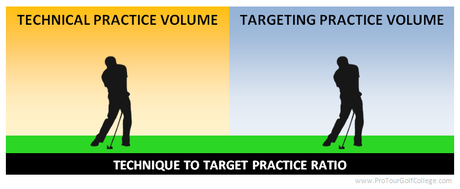 In our program we define the periods we want to improve our students technical skills as T1 skills and the targeting skills as T2 skills. This helps us to determine the quantity of shots to be hit as well as the level of intensity in the different time periods through the year. A good point to remember is that when we are working in a technical phase the volume of repetitions will be higher and the intensity level lower. As we move closer to a competitive phase the volume of repetitions tapers and there is an increase in the amount of targeting skill work done, and the level of intensity also increases. Instead of just hitting golf shots and hoping to play well in tournaments you need to plan the type of practice that you will do based on your needs at the time and the relevance of the practice to driving your golf score average down. The image below describes a microcycle (week of training) and the ratio of volume to intensity in a general preparation phase for a student at Pro Tour Golf College. 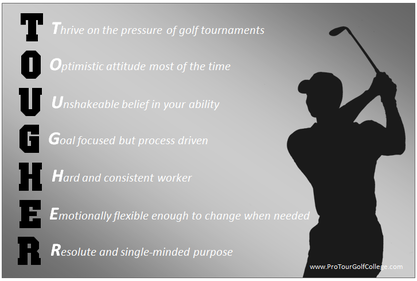 Click on the image to make it larger Click on the image to make it larger Psychological Skills Throughout the training phases you have to work very hard on your mental skills so that you can sustain the work load and intensity requirements to play your best when it matters to you. You should work closely with your coach and if you have one, a mental skills coach to help you to manage your thoughts and emotions leading into golf tournaments. This is an essential part of an elite golfers development and cannot be stressed enough. In your mental plan you will work on imagery practice, self talk strategies and E.Q (Emotional quotient) management techniques, and also relaxation techniques to complement the physical practice and tournament play you are performing throughout the golf season. Micro Cycles, Meso Cycles and Macro Cycles The final part of the periodization frame is the macro, meso and micro cycles. With 52 weeks in the year you need to plan your preparation for tournament play and practice objectives carefully and the training cycles make this much easier to do. In our periodization example from above you can see that we have broken our annual plan into 16 cycles which describes a full macro cycle or year. These cycles influence the volume, intensity, frequency and duration of your practice effort during this time period.
This is a simple example of how you can use training cycles to improve a skill set and enhance your performance. The micro, meso and macro training cycles are an integral part of your annual golf success plan to develop and improve your golf skills and performances. So now you are starting to understand the power of a well thought out and carefully planned approach to your golf season. It might seem a little complicated at first but do take the time to study the model and understand how you can use it to enhance your golf skills and golf course performances.
In the 3rd part of our article series on developing your annual golf success plan next week I'll cover the last 2 parts of our P.L.A.N strategy and show you how to put the final parts of your golf success plan puzzle together. So until then the best of luck with your golf success plan and if you have any questions about it then feel free to drop us a line. Lawrie Montague and David Milne - Pro Tour Golf College Your Success On Tour is Our Business Comments are closed.
|
Archives
June 2019
|
Proudly Supported By
Copyright © 2011 - 2018 Pro Tour Golf College
Website Managed By Golf Performance Media
All Rights Reserved
Website Managed By Golf Performance Media
All Rights Reserved


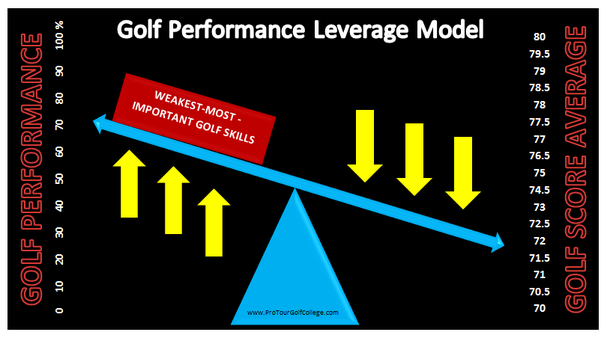
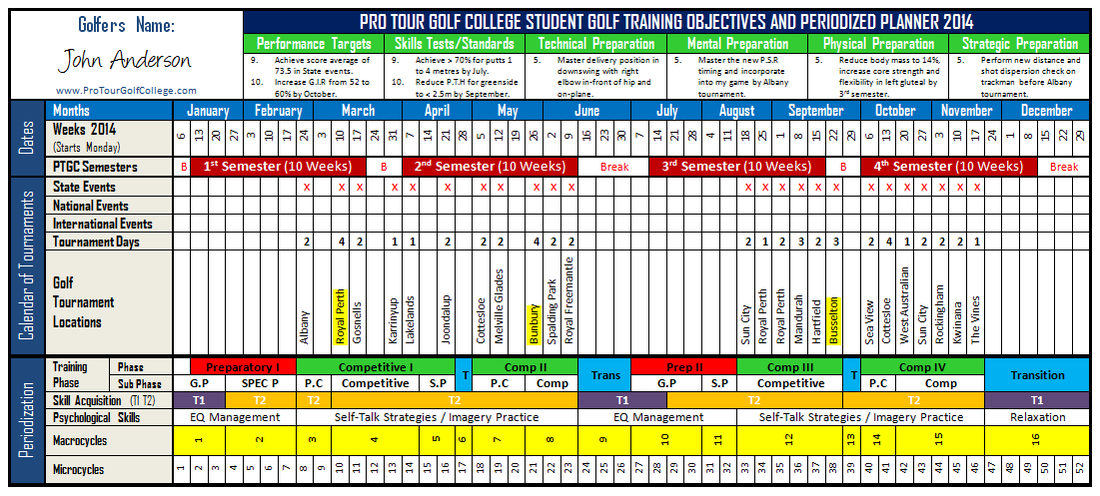

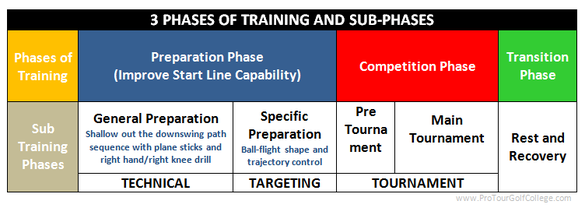
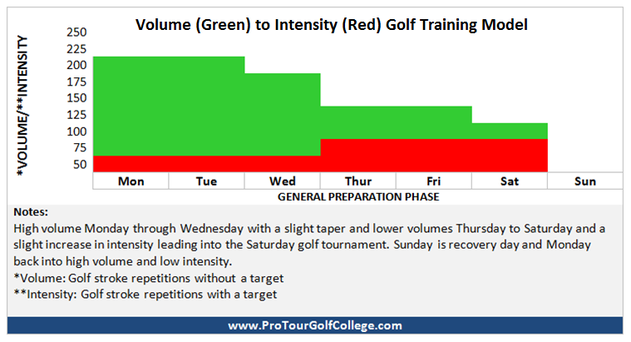
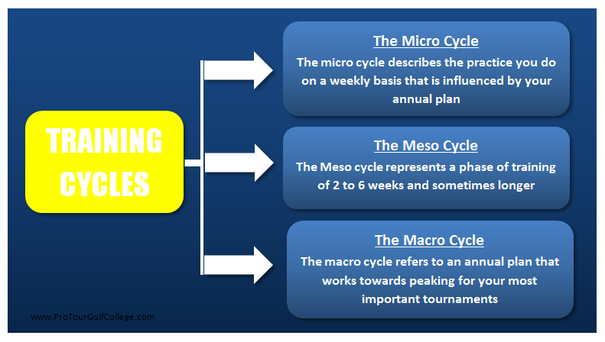
 RSS Feed
RSS Feed



